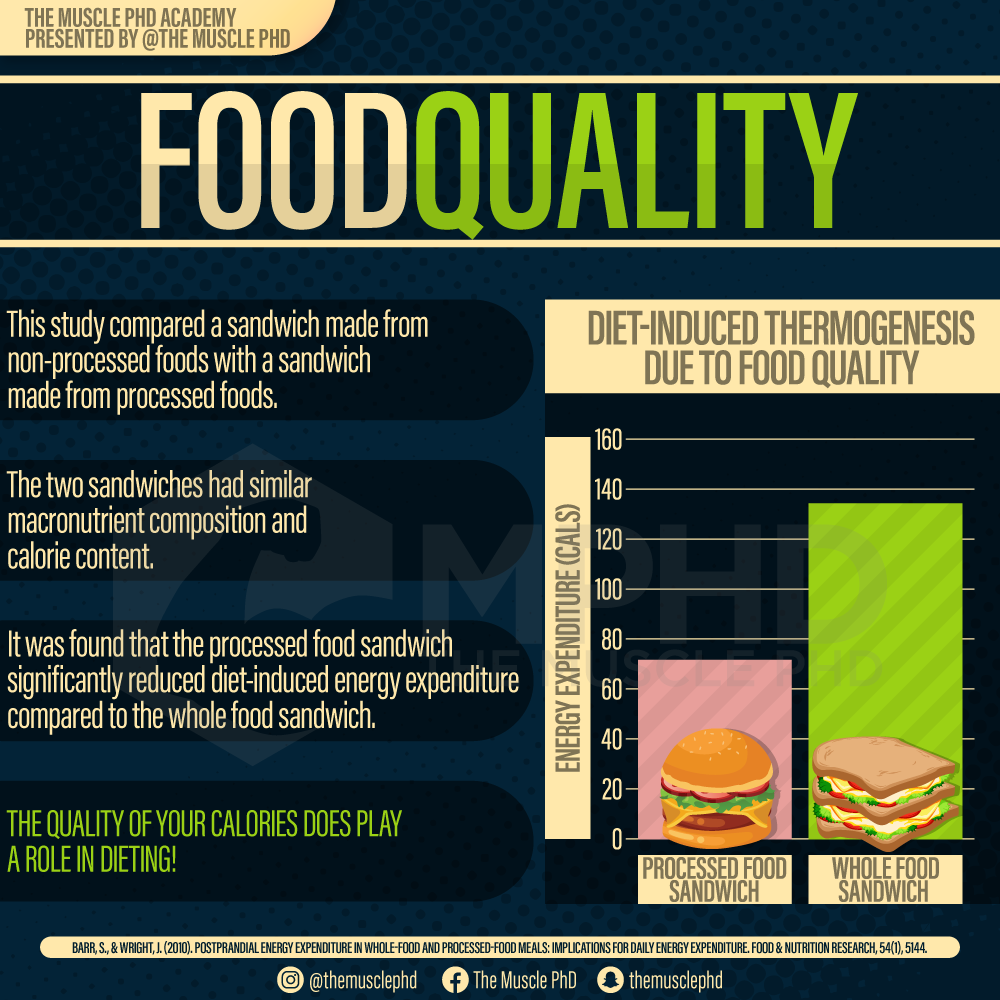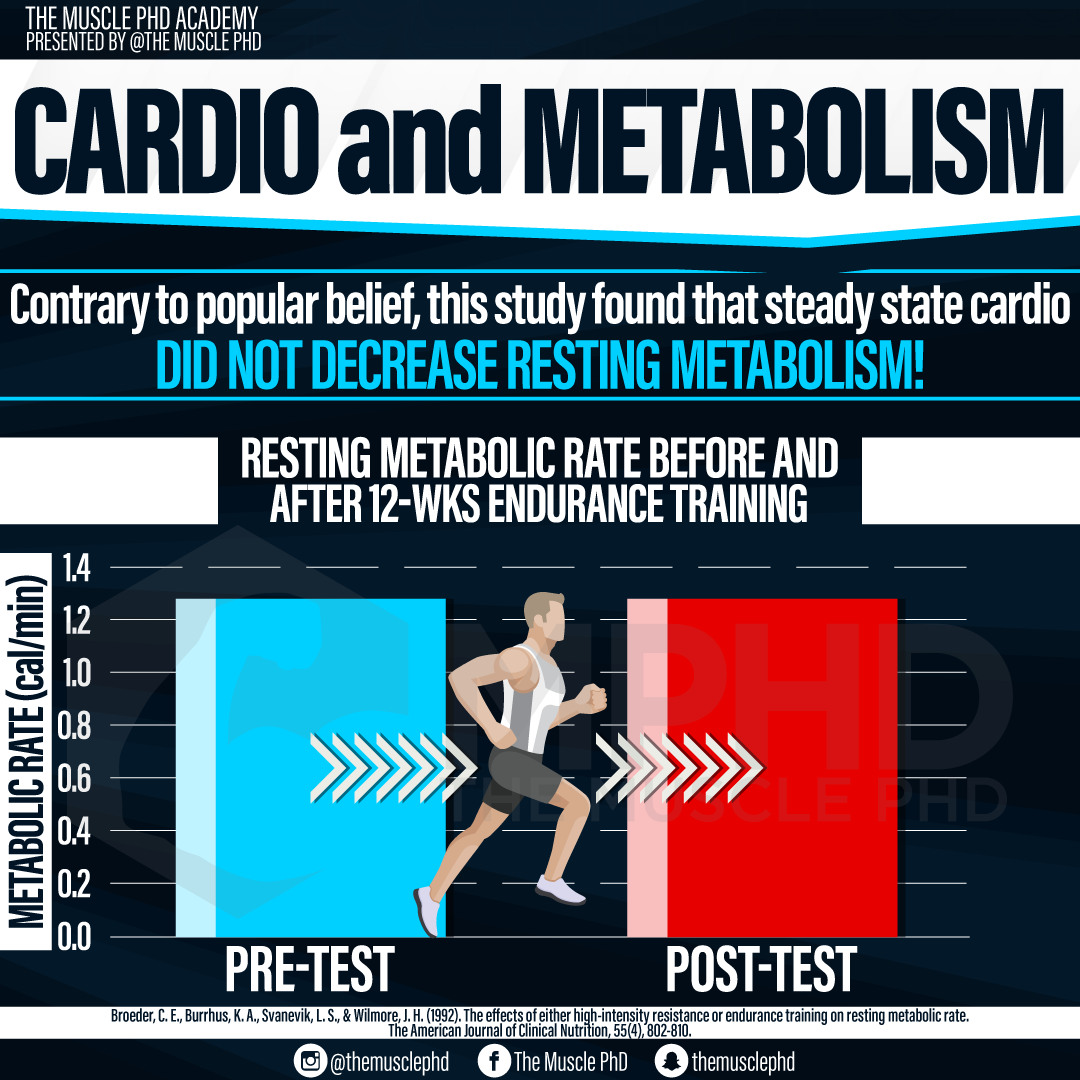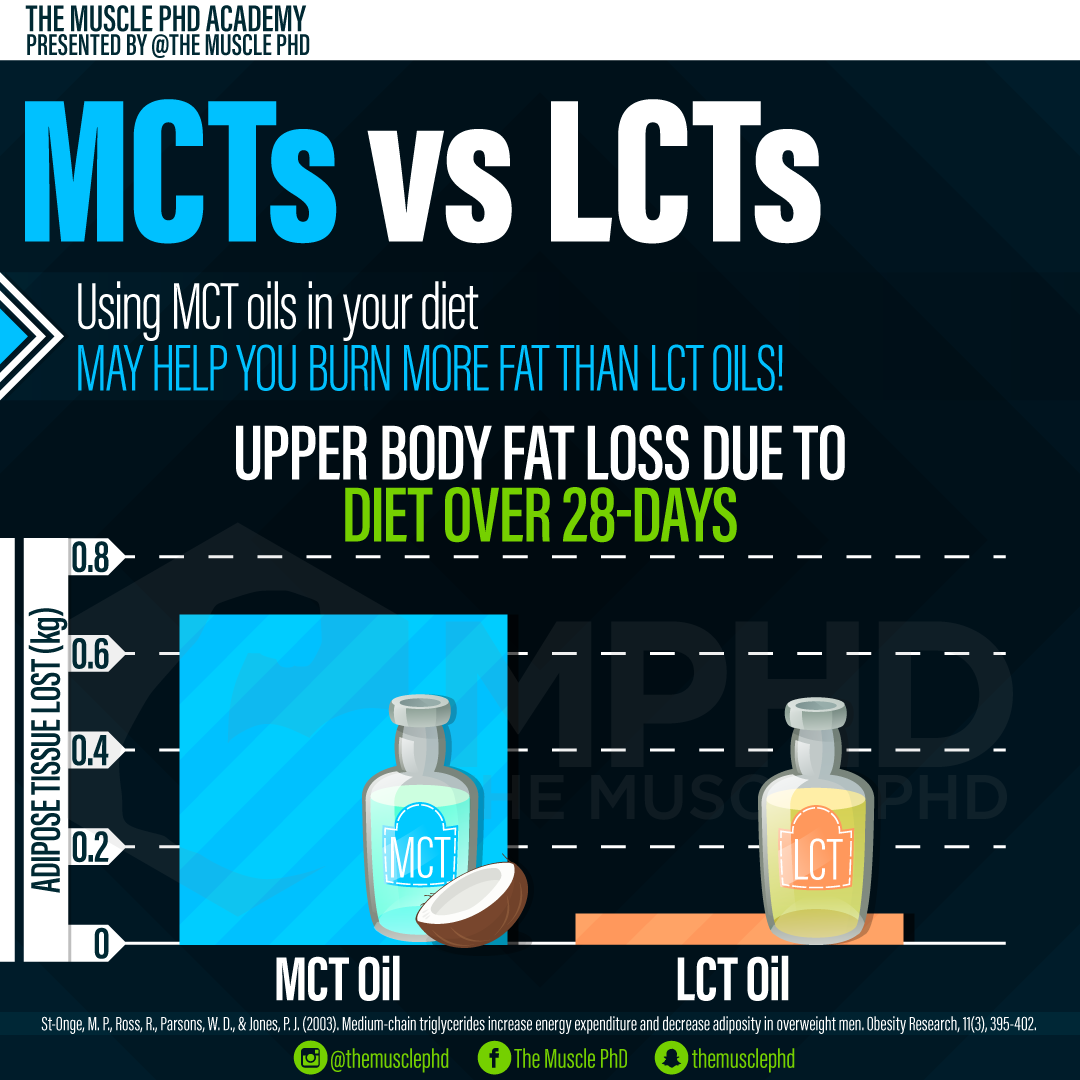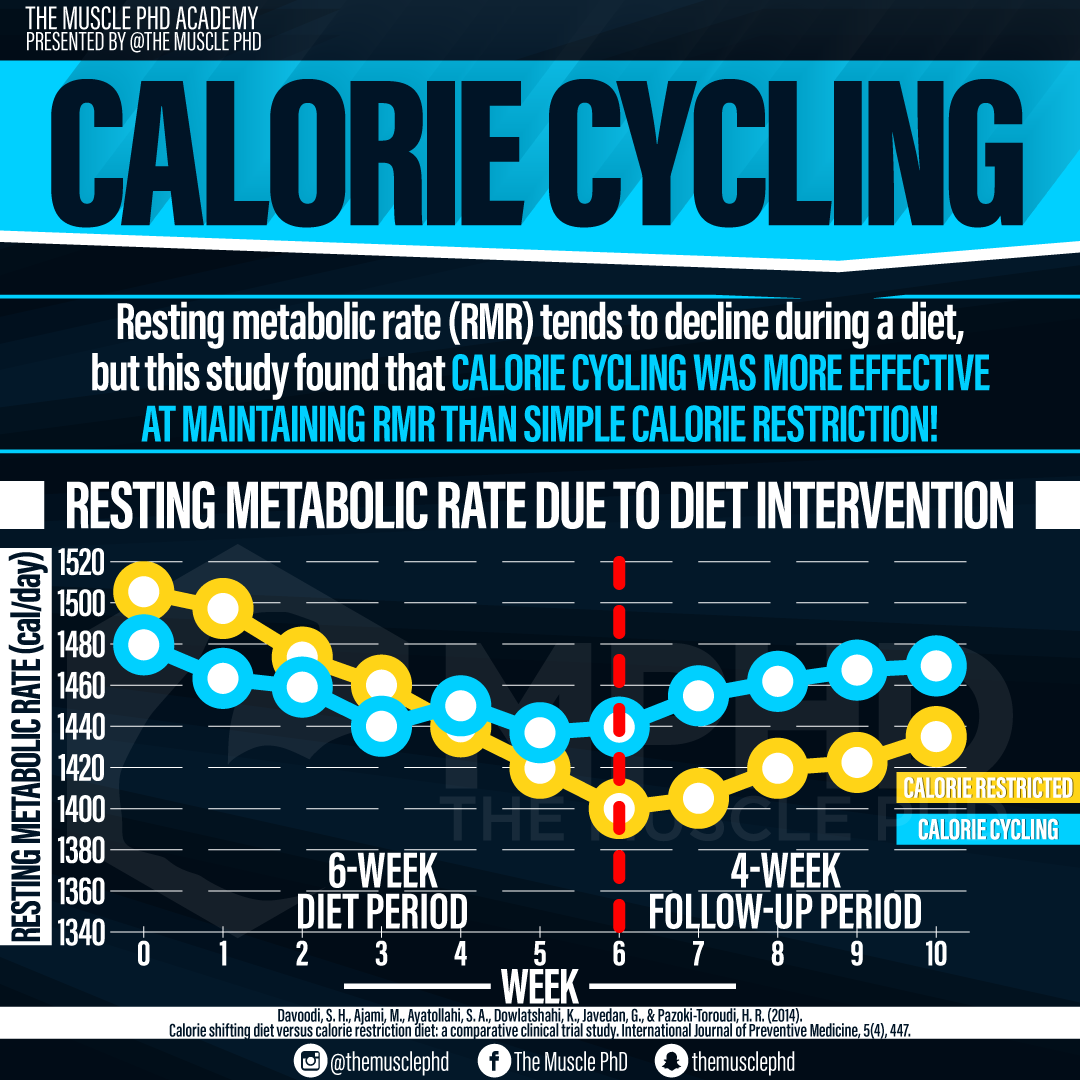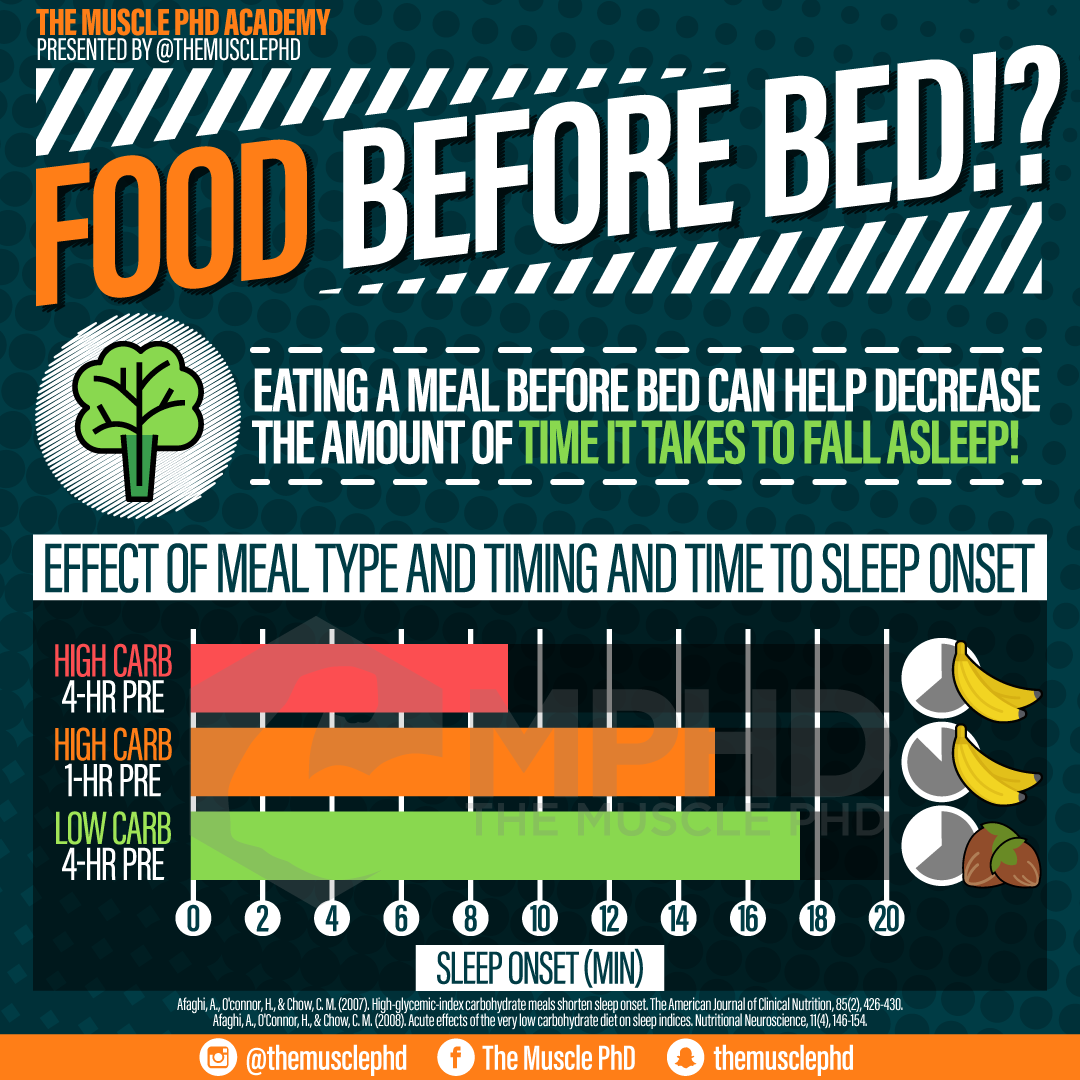Summary
We know that energy balance is an important metric for weight loss; you have to be burning more calories than you consume in order to lose weight. People often define energy balance as the acronym, “CICO,” or, Calories In vs. Calories Out. Essentially, CICO would suggest that energy balance is simply the difference between the calories that you eat and the calories that you burn. Is it really that simple?
When we think about “Calories Out,” we often just consider things like our resting metabolism, exercise expenditure, and non-exercise activity thermogenesis (NEAT). However, there are many, many more components that influence all of these factors. One such is DIT, or, “diet-induced thermogenesis.” Essentially, when we eat food, our bodies have to burn calories to digest and absorb the food.
As CICO gains more traction in the nutrition field, many have also decried the necessity for “clean eating,” i.e. eating “clean” foods like chicken, rice, and veggies at every meal. However, it’s important to understand that the quality of your food can actually impact the “calories out” portion of the CICO equation. This specific study found that consuming whole foods led to nearly 100% greater DIT than consuming processed foods. While this specific example only amounts to 70-80 calories, if you swap whole foods for processed foods (fast food, frozen food, etc.) once a day for a week, you’re now at a 500-calorie surplus on the week due to the difference in food quality alone.
So, what’s the takeaway? First, CICO is not as simple as many claim. We think that’s an important thing to keep in mind; there are a ton of factors that can influence the “CO” portion of the equation. Second, consuming the occasional fast food or frozen food meal certainly isn’t a big deal. But, if you start to make a habit out of choosing these foods, you’re going to be a little off on your energy balance equations – especially if you’re eating multiple processed meals a day. We’d recommend to keep the majority of your diet “clean” to avoid this potential pitfall, but it’s definitely okay to live a little and have a delicious cheat meal once in a while.
Based on:


